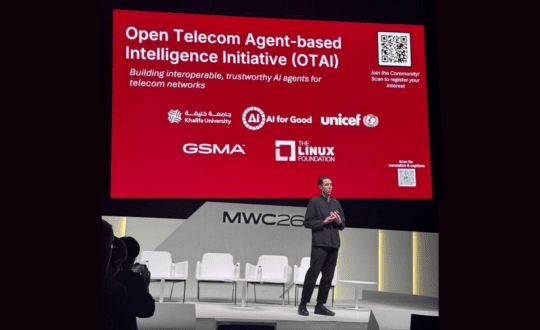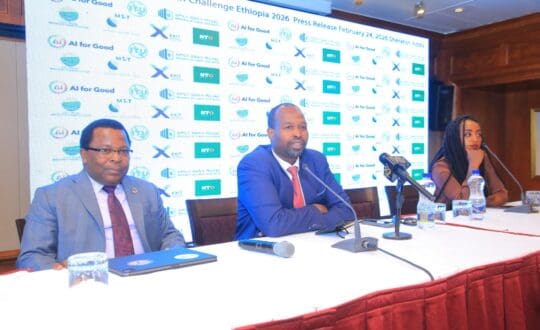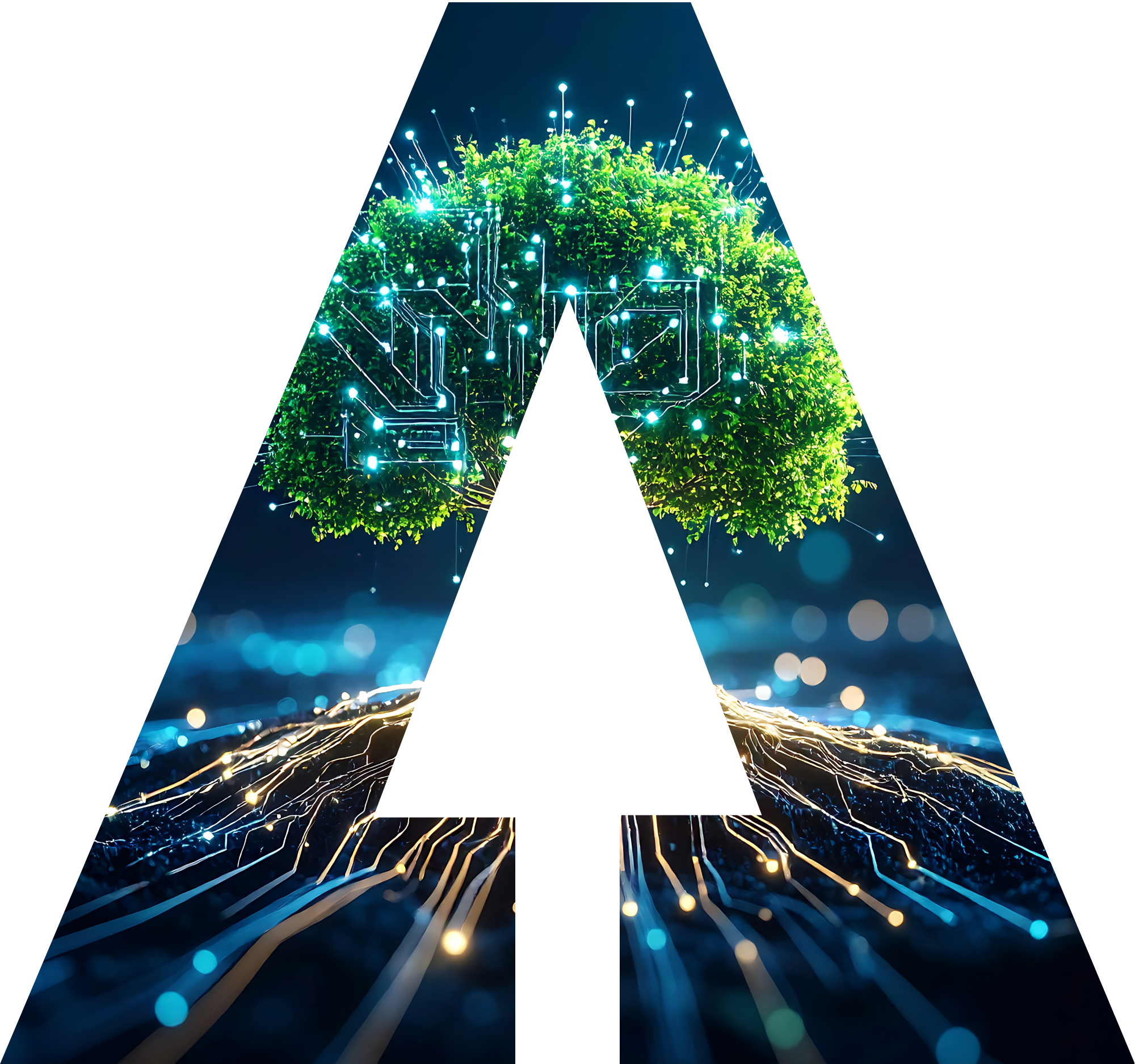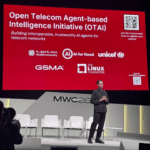The ITU Focus Group establishing the foundations for machine learning to contribute to 5G systems will meet for the second time in Xi’an, China, 24-27 April 2018. A workshop held in conjunction with the meeting, 25 April 2018, will forecast the impact of Artificial Intelligence on ICT infrastructure.
Participation in ITU Focus Groups is open to all interested parties. These groups accelerate ITU studies in fields of growing strategic relevance to the ITU membership, delivering base documents to stimulate international standardization work in membership-driven ITU-T Study Groups.
The ITU Focus Group on Machine Learning for Future Networks including 5G will propose standardization strategies to assist machine learning in contributing to the efficiency of emerging 5G systems. The group will define the requirements of machine learning as they relate to technology, data formats and network architectures.
Contributions to the first meeting of the Focus Group in Geneva, 30 January to 2 February 2018, discussed 5G systems’ significant gains in complexity over 4G systems, highlighting potential for machine learning to make reliable predictions; support robust, efficient network operations; and increase the feasibility of network self-organization.
The second meeting of the Focus Group will be decisive in building momentum in agreed work streams, pinpointing high-priority machine learning use cases, and establishing the modes of collaboration with the greatest potential to yield outcomes of value to key players in the development of 5G systems.
One of the Focus Group’s ambitions is to address the challenges surrounding the availability and quality of the data required to fuel machine learning algorithms.
The lack of a unified data format remains a significant challenge to the development and training of machine learning algorithms. The challenge is compounded by highly distributed data, limits on available computation resources, and restrictions on bandwidth and latency.
The potential to build machine learning algorithms on datasets as well as machine learning models – models incorporating expert knowledge – is a direction of innovation being explored by the Focus Group.
WHAT: Second meeting of the ITU Focus Group on Machine Learning for Future Networks including 5G, 24-27 April 2018, in conjunction with an ITU workshop on the impact of Artificial Intelligence on ICT infrastructure, 25 April 2018.
The Focus Group’s work is carried out by three interdependent working groups (WG):
WG ‘Use cases, services & requirements’ is documenting promising use cases of machine learning and describing their surrounding technological ecosystem. The group will identify the requirements of these use cases and bring greater clarity to the ICT industry’s vision for machine learning’s contribution to 5G systems.
WG ‘Data formats & machine learning technologies’ will produce a categorization of machine learning algorithms in communication networks, highlighting the implications of such algorithms for 5G systems. Key to this work is the definition of required data formats and associated mechanisms to safeguard security and privacy.
WG ‘Machine learning-aware network architecture’ is analyzing the requirements of network architectures from the perspective of their expected interaction with machine learning algorithms. This work will describe the demands of machine learning on network functionality, interfaces and resources.
WHEN: 24-27 April 2018
WHERE: Xi’an ZTE Hotel, No.10 Tangyan South Road High Technology District, Xi’an, China
WHO: Participation in ITU Focus Groups and workshops is free of charge and open to all. Events in Xi’an will bring together representatives of government, industry, research communities and civil society.
More information about the meeting is available here


 Register here
Register here










